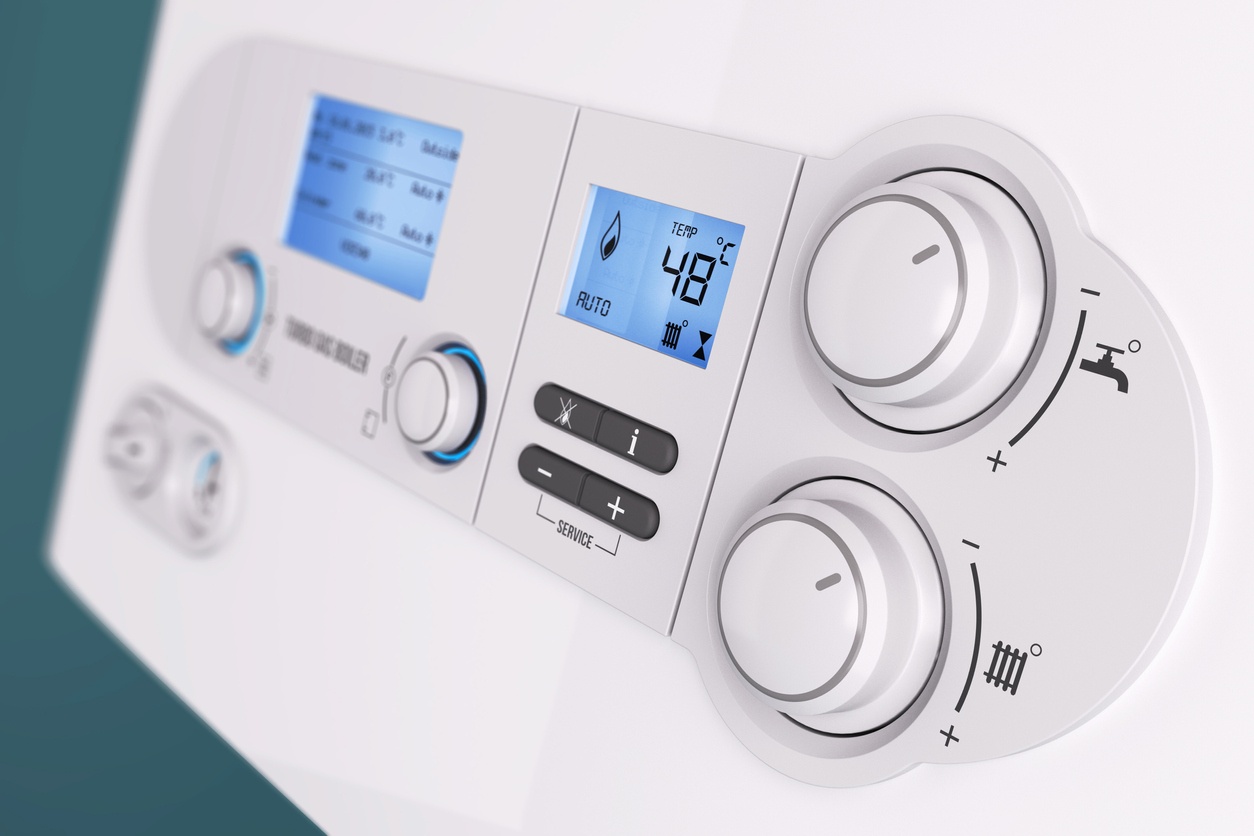Home » Uncategorised »
What temperature is the best for your home?
This article is an external press release originally published on the Landlord News website, which has now been migrated to the Just Landlords blog.

Winter is here, outside it’s freezing cold, it’s time to put the heating on. But what temperature do you choose?
Too high and you’ll be cosy, but need to take out a bank loan to pay your heating bill; too low and it won’t make a difference to the cold. How do you stay warm whilst keeping bills modest? Boiler installation and repairs experts Boiler Plan have the answer.
Keeping your thermostat set to 18-20 degrees will keep bills at an acceptable level whilst still keeping the cold at bay.
Cold temperatures and dark nights can see energy bills spike by up to 20% throughout the season. On the topic of money-saving and energy efficiency, Boiler Plan has shared their top tips:
Insulation
Insulating your property will prevent heat from escaping and prolong the effects of heating your home. Having well-located windows, well-sealed doors and ensuring walls, lofts and foundations are thermally insulated can reduce heat loss by 25-50%.
Smart controls
Having a smart meter or smart thermostat can bring multiple benefits. A smart meter allows you to track in real-time the amount of electricity you are using and enables you to limit the amount of waste. A smart thermostat means you can switch your heating on and off as you please remotely, without the need to have a pre-set timer on your boiler, which again reduces waste and therefore keeps costs down.
Swapping your bulbs
Switching from normal halogen bulbs to LED or energy-saving light bulbs can reduce energy consumption, and also have a longer lifespan. Experts believe that you can save roughly £35 a year[3] from making these changes to your lighting – another example of a short-term investment delivering a long-term monetary gain.
Buy energy-efficient appliances
Replacing old inefficient household appliances also provides an opportunity to bring your spend down. Items such as a kettle, fridge or even your boiler itself may not be as efficient as they could be. By changing your appliances to more energy-efficient models, the amount of electricity used to maintain them will be cut significantly and their performance will be enhanced, resulting in lower energy bills in the short and longer-term…




